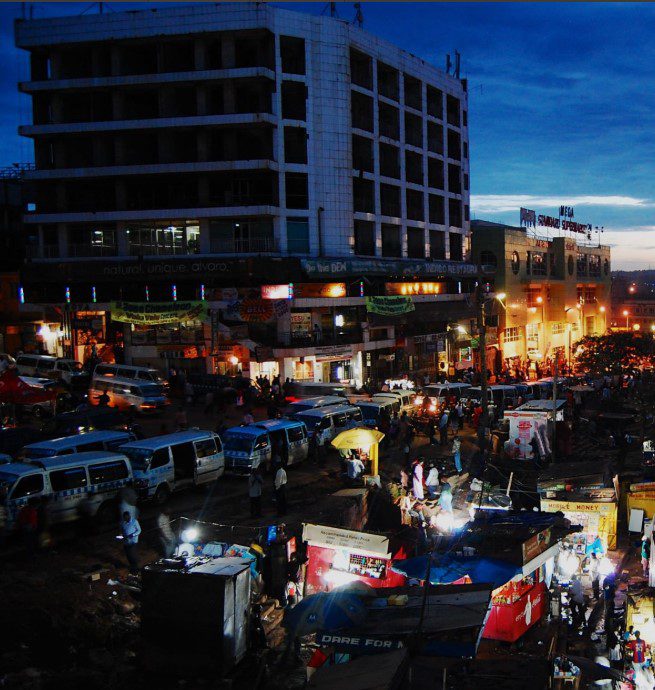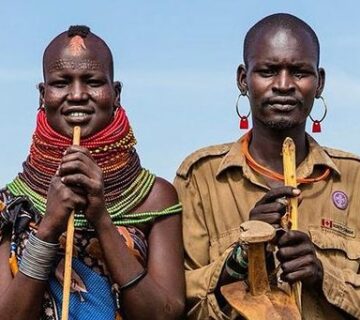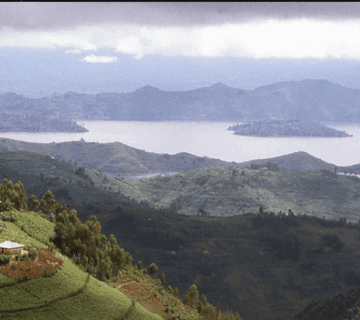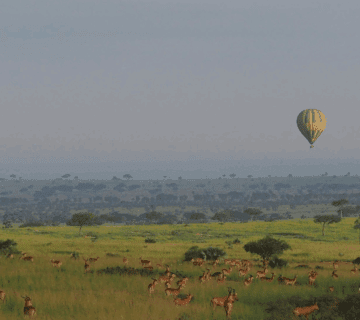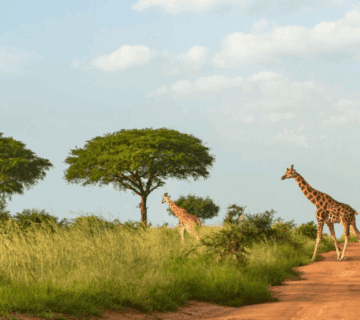Is It Safe to Walk at Night in Kampala? A First-Hand Look at the Heart of Uganda’s Capital
Kampala is a city that pulses with life. The streets dance to the rhythm of laughter, motorcycle engines, Afrobeat music, and late-night chatter. It’s a place where culture, commerce, and community blend into one vibrant rhythm. To walk in Kampala especially at night is to immerse yourself in an experience that feels raw, real, and deeply human. But one question often asked by visitors and even some locals is this: “Is it safe to walk at night in Kampala?”
Let’s explore the answer with honesty, insight, and a heartfelt understanding of what it’s truly like on the ground.
The Magic of Kampala at Night
There’s something undeniably captivating about Kampala after sunset. The city transforms into a mosaic of sounds, lights, and stories. Local eateries known as “kafundas” come alive with the clinking of beer bottles and the aroma of grilled street meat commonly called muchomo. Boda-bodas (motorcycle taxis) buzz past neon-lit signboards. Music pours out from open windows and bustling nightclubs, blending traditional beats with global tunes.
This isn’t just nightlife. It’s life at night. It’s Kampala.
But alongside this charm, it’s important to approach the question of safety with open eyes and informed caution.
Understanding Safety in Kampala
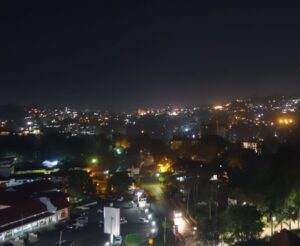
Kampala is not inherently dangerous, but like many big cities across the world, it has areas that are safer than others, and certain times and circumstances that call for more vigilance. Uganda, as a country, is known for its warm hospitality, and the people of Kampala are no exception. Yet, it’s vital to balance the welcoming spirit with common sense, especially when navigating the city after dark.
The key is not to walk in fear but to walk smart.
Where You’re Walking Matters
Kampala has neighborhoods with distinct personalities. Areas like Kololo, Naguru, Nakasero, and Bugolobi are generally considered more secure, especially around popular restaurants, hotels, and embassies. These parts of town are relatively well-lit and patrolled, and you’ll often find people moving about even late into the night.
On the other hand, it’s best to avoid walking alone in less-developed or dimly lit parts of the city like Kisenyi, Katwe, or isolated stretches of Makerere Hill, especially if you’re unfamiliar with the environment. While these areas are rich in local life and culture during the day, they can feel unpredictable at night, particularly for new visitors.
The Role of Local Knowledge
One of the best ways to stay safe is to connect with a local or a trusted guide. Kampala is a city of stories, and the locals know its rhythms and nuances better than any map or app. If you’re planning to explore the nightlife or walk back to your hotel after dinner, asking for advice from someone familiar with the area can make all the difference.
Ugandans are incredibly helpful don’t hesitate to ask for directions, tips, or honest insight about a neighborhood.
Common Nighttime Risks to Be Aware Of
Just like any city in the world, walking at night in Kampala does carry some risks. These aren’t meant to scare you, but to help you be prepared:
Pickpocketing: Crowded nightlife zones can attract opportunistic thieves. Keep your belongings close and avoid flashing phones or wallets.
Boda-Boda Scams: While motorcycle taxis are a convenient way to get around, some riders might overcharge or take longer, indirect routes. Use ride-hailing apps like SafeBoda, Uber, or Bolt for safer, traceable journeys.
Street Harassment: It’s rare, but not unheard of, especially for solo travelers or women. Dressing modestly and walking confidently can help reduce unwanted attention.
Drunk Drivers and Reckless Motorists: Sidewalks are not always clearly marked, and traffic can be chaotic. Stay alert and walk away from busy roads where possible.
Tips for Walking Safely at Night in Kampala
If you choose to walk at night, here are some golden guidelines:
Stay in Well-Lit Areas: Stick to major roads and avoid alleys or shortcuts, even if they seem faster.
Walk in Groups: There is safety in numbers. If possible, walk with a friend or trusted local.
Keep Valuables Hidden: Use a crossbody bag, keep your phone tucked away, and don’t flaunt jewelry.
Avoid Headphones: You need your senses sharp—especially your hearing—while navigating unfamiliar terrain.
Use Ride Services When Needed: If you’re feeling unsure, call a SafeBoda or Uber instead of walking.
Trust Your Instincts: If something feels off, change your path or find a safe public place like a hotel, bar, or café.
When It’s Better Not to Walk
Sometimes, it’s simply wiser not to walk at all. If you’re carrying valuables, have had a few drinks, or are in an unfamiliar part of town, the risk might not be worth it. Taxis and ride-hailing apps are inexpensive and widely available in Kampala often costing less than a few dollars for a short trip.
Peace of mind is priceless.
Personal Reflections: A Local and Visitor’s Perspective
Many people who live in Kampala walk at night frequently. The city has its rhythm, and once you get to know it, you might even find nighttime strolls comforting. There’s a sense of community food vendors offering Rolex (Ugandan street food), shopkeepers chatting, friends sitting on verandas catching up on the day.
As a visitor, I’ve walked in Kampala at night with friends, sometimes after live music events, other times just from a dinner out. I’ve had warm conversations with strangers, found the best roadside snacks at midnight, and listened to the heartbeat of a city that rarely sleeps.
Yet, I’ve also made mistakes walking too far, ignoring signs of discomfort, or assuming everywhere was safe because it felt lively. It’s all part of learning and respecting the energy of the place.

